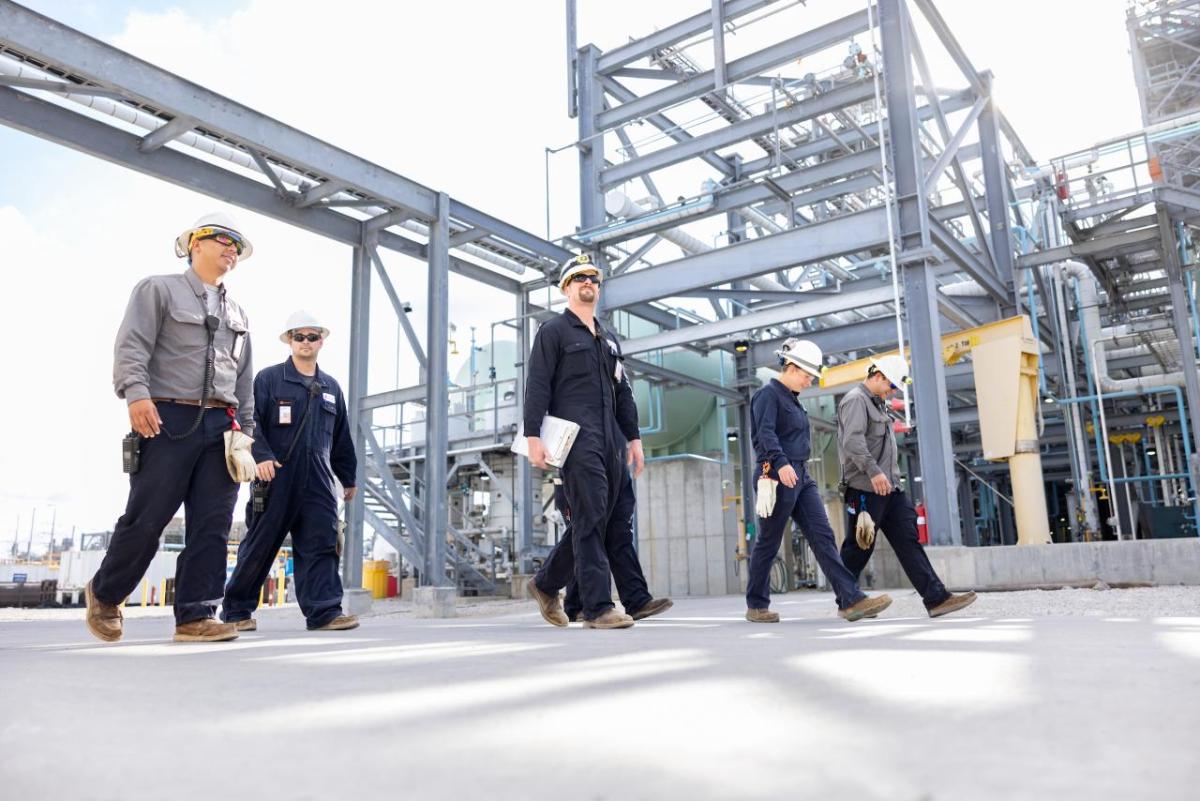Chemours Enhances EVOLVE 2030 Portfolio Sustainability Assessment Methodology
Enhanced methodology now includes product and packaging circularity within its sustainability impact assessment
Published 06-05-24
Submitted by The Chemours Company

This week, Chemours released its EVOLVE 2030 Version 2.0—the Company’s portfolio sustainability assessment methodology. EVOLVE 2030 helps Chemours evaluate its product offerings and product development pipeline in relation to the United Nations Sustainable Development Goals (UN SDGs). The evaluation criteria assist Chemours in demonstrating progress against its 2030 Corporate Responsibility Commitment goal to generate 50% or more of its revenue from offerings that make a specific contribution to the UN SDGs. The updated methodology now includes considerations on product and packaging circularity, as well as insights gained from Chemours’ experience using the methodology over the last four years.
Chemours’ EVOLVE 2030 methodology uses sustainability information and insights to inform decisions on its product portfolio, investments in innovations, and resource allocation. This data-driven, science-based, and holistic methodology is designed to maximize the positive impact of Chemours’ products on society while minimizing their planetary burdens.
"Chemours is driven by our strong commitment to sustainability. The updated EVOLVE 2030 methodology enhances our ability to align our business processes with this commitment, allowing us to better quantify the societal and environmental impacts of our products and guide our decisions accordingly," said Dr. Amber Wellman, Chief Sustainability Officer at Chemours. "By incorporating lessons learned and maintaining our approach of continuous improvement, we are enabling a future where our products not only meet market needs but also contribute positively to our shared planet.”
Established in 2019, EVOLVE 2030 is grounded in the World Business Council for Sustainable Development’s (WBCSD) Chemical Industry Methodology for Portfolio Sustainability Assessments (PSA). Chemours evaluates its offerings based on a Product—Application Combination (PAC) approach, which considers a product’s benefits and burdens throughout its life cycle, including its contribution to the UN SDGs and its overall impact – or "Imprint" – on people and the planet. By examining its products' contributions to the UN SDGs and their overall impact on society and the environment, Chemours is strengthening its resolve to steer its product portfolio to support a more sustainable future.
EVOLVE 2030 was developed in partnership with Anthesis Group, a global sustainability advisor, and received third-party assurance from Lloyd’s Register Quality Assurance in 2019 and 2024.
Click here to read Chemours’ EVOLVE 2030 methodology.

The Chemours Company
The Chemours Company
About The Chemours Company
The Chemours Company (NYSE: CC) is a global leader in providing industrial and specialty chemicals products for markets, including coatings, plastics, refrigeration and air conditioning, transportation, semiconductor and advanced electronics, general industrial, and oil and gas. Through our three businesses – Thermal & Specialized Solutions, Titanium Technologies, and Advanced Performance Materials – we deliver application expertise and chemistry-based innovations that solve customers’ biggest challenges. Our flagship products are sold under prominent brands such as Opteon™, Freon™, Ti-Pure™, Nafion™, Teflon™, Viton™, and Krytox™. Headquartered in Wilmington, Delaware and listed on the NYSE under the symbol CC, Chemours has approximately 6,000 employees and 28 manufacturing sites and serves approximately 2,500 customers in approximately 110 countries. For more information, visit chemours.com or follow us on LinkedIn.
More from The Chemours Company

